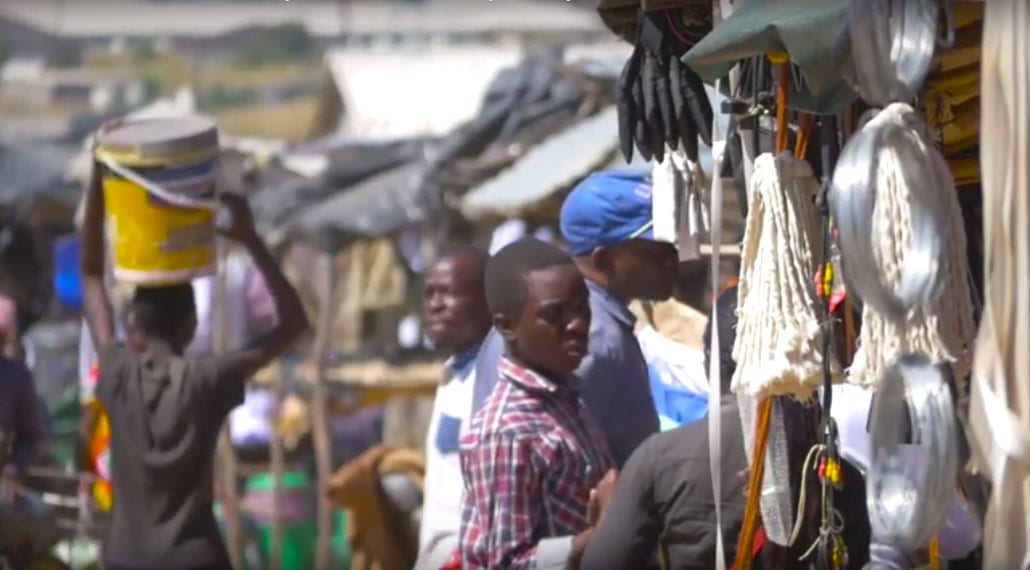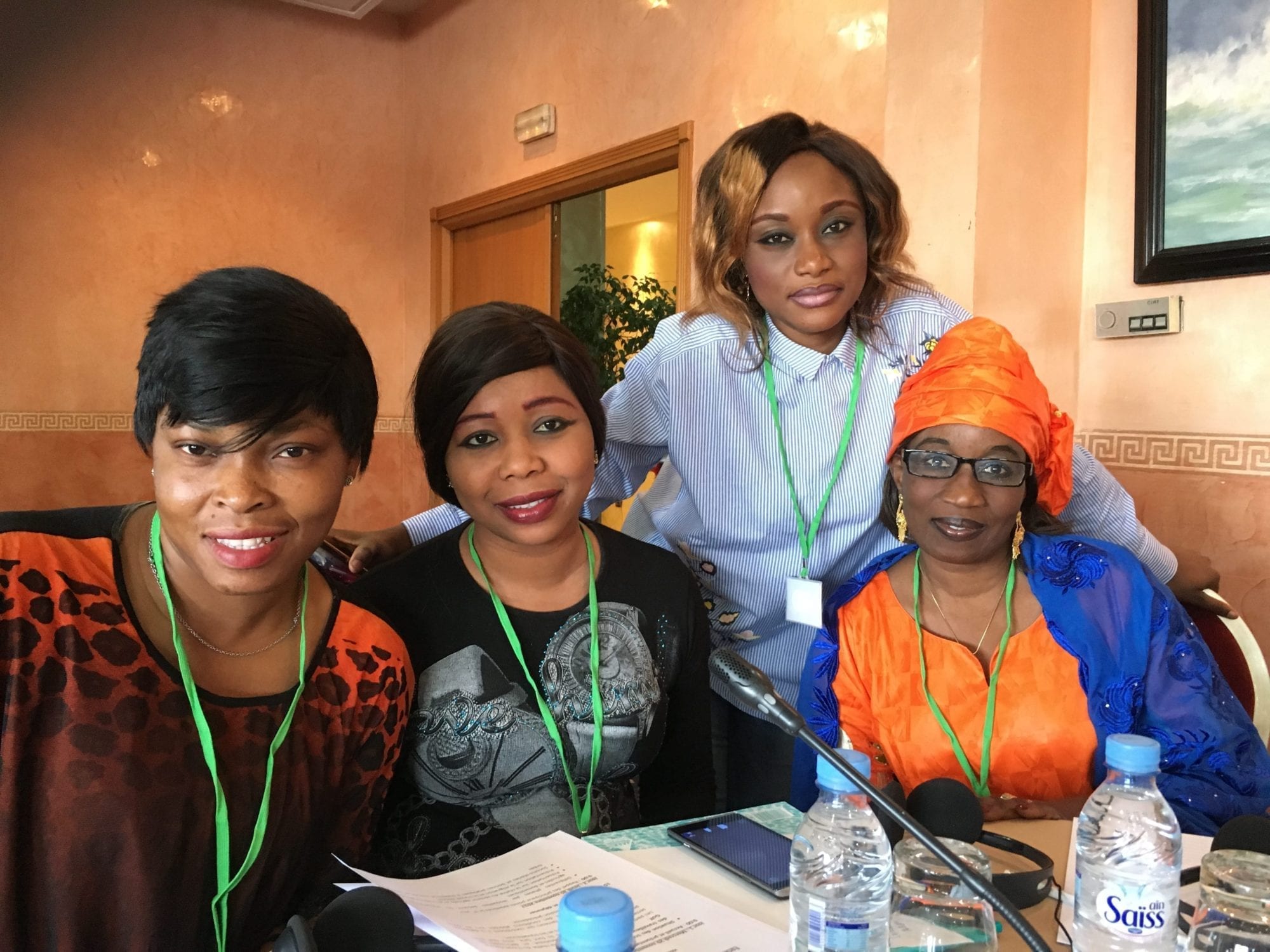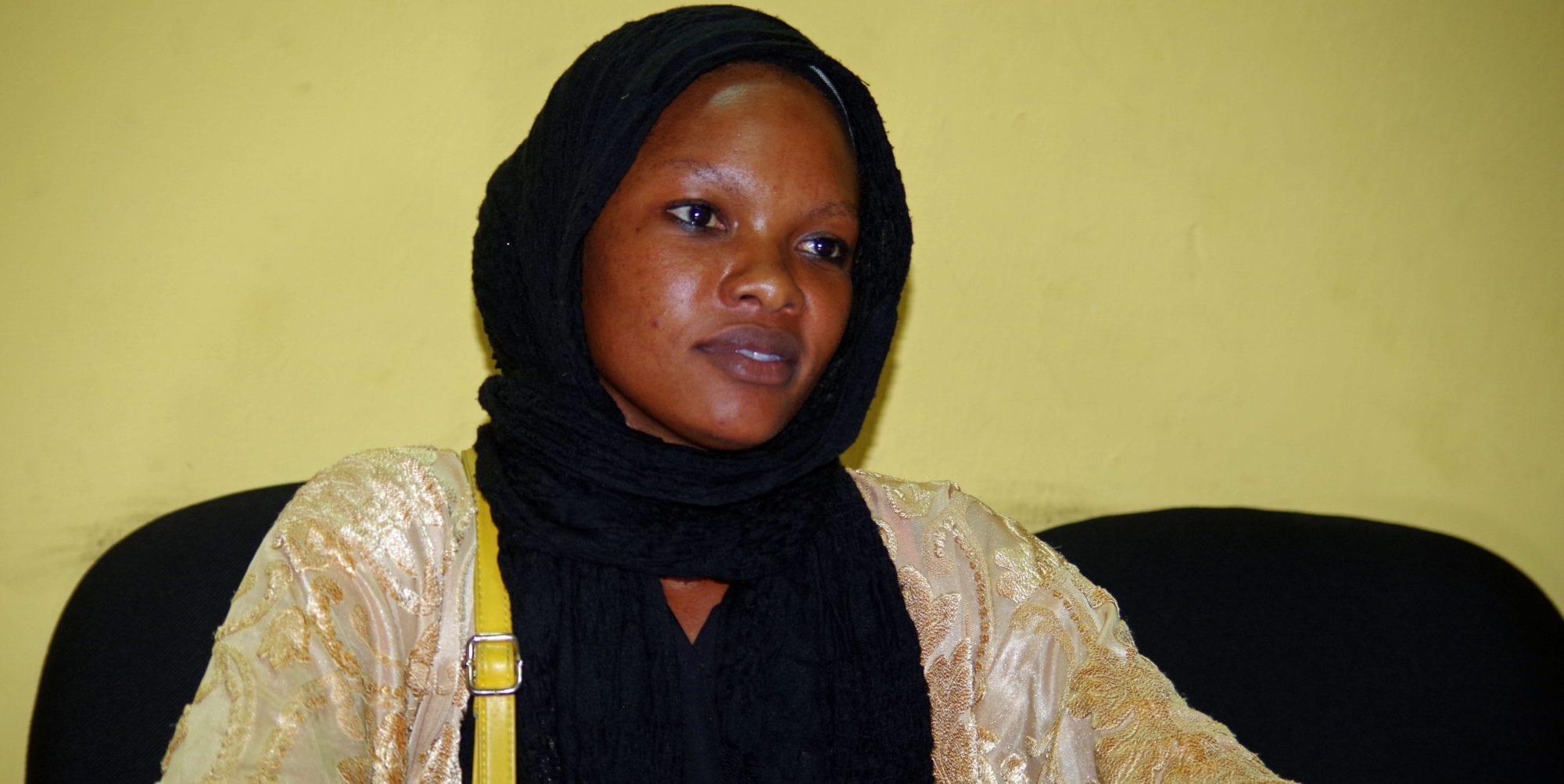To promote the rights of women workers, especially women domestic workers and women farm workers, it is essential to seek solutions to build women's capacity to defend their rights to equality, decent work and an end to violence and abuse, according to Hind Cherrouk,...

The Solidarity Center assists workers in the informal economy, such as market vendors in Zimbabwe, come together to assert their rights and raise living standards. Credit: ZCIEA
Some 2 billion people work in the informal sector as domestic workers, taxi drivers, and street vendors, many of them women workers. Informal economy work now comprises the majority of jobs in many countries and is increasing worldwide. Although informal economy workers can create up to half of a country’s gross national product, most have no access to health care, sick leave or support when they lose their jobs, and they have little power to advocate for living wages and safe and secure work.
The Solidarity Center is part of a broad-based movement in dozens of countries to help workers in the informal economy come together to assert their rights and raise living standards. For instance, three affiliates of the Central Organization of Trade Unions-Kenya (COTU-K), a Solidarity Center partner, signed agreements with informal worker associations to unionize the workers, enabling them to access to the country’s legal protections for formal-sector employees.
Find out more about informal workers gaining power by joining together in unions and worker associations in this Solidarity Center-supported publication, Informal Workers and Collective Action: A Global Perspective.
Kenya Union: Ban on Labor Recruiting Agencies Should Stay
The Central Organization of Trade Unions–Kenya (COTU-K) said the country’s recent decision to lift its ban on workers migrating to Qatar and Saudi Arabia for jobs is “ill advised,” and urges the government to keep the ban in place until the Ministry of Labor provides...
Social Justice Unionism: Labor Can Make Change
“Informal workers are organizing and they will organize as long as there is injustice and oppression,” says Sue Schurman, distinguished professor of Labor Studies and Employment Relations at Rutgers University. Opening a Solidarity Center book launch and panel...
No Results Found
The page you requested could not be found. Try refining your search, or use the navigation above to locate the post.



